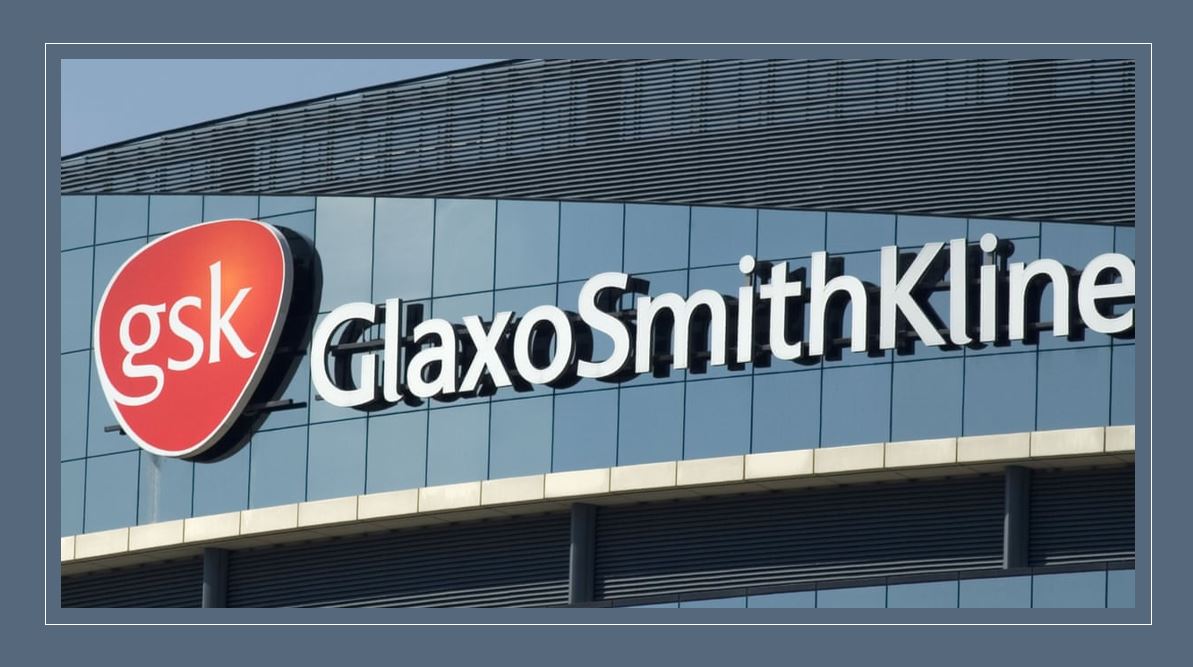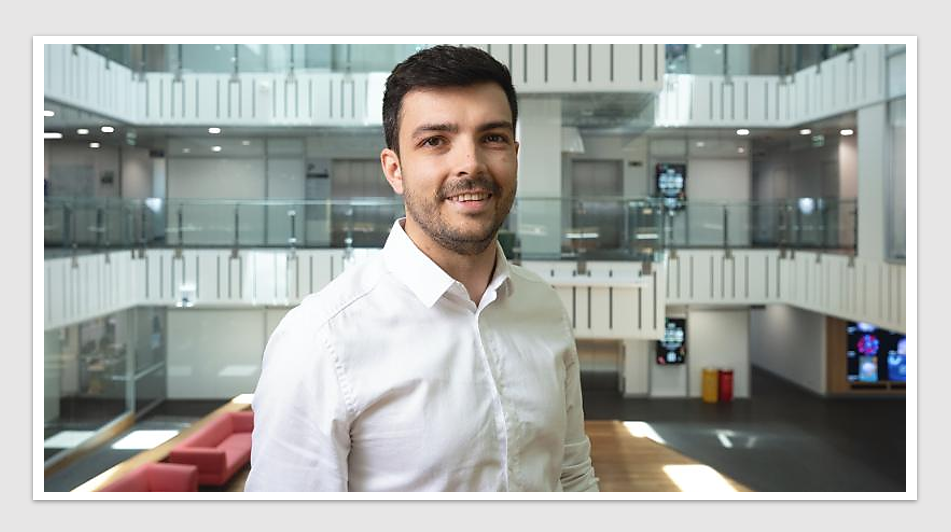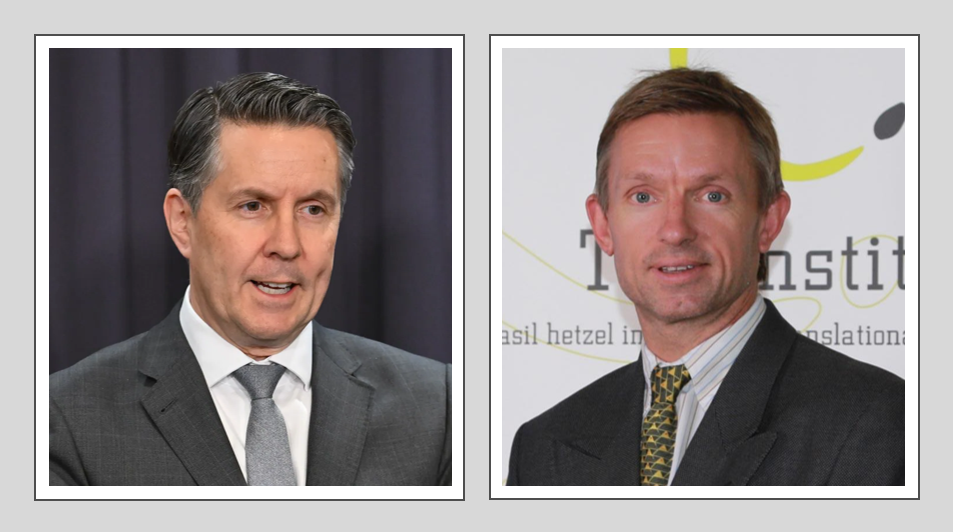News & Trends - Pharmaceuticals
GSK’s targeted therapy for asthma gains PBS listing for self-administration delivery

Pharma News: From 1 June 2020, GSK Australia’s new pre-filled pen (autoinjector) for the self-administration of its targeted therapy for severe eosinophilic asthma patients, NUCALA (mepolizumab), will be reimbursed by the Pharmaceutical Benefits Scheme (PBS).
More than 2.4 million Australians are affected by asthma and it is estimated up to 5-10% have severe asthma. Of patients with severe asthma, about 30% suffer from severe eosinophilic asthma. These patients are now able to choose where they receive treatment – at home or via a healthcare professional.
A pre-filled pen (or autoinjector) is a disposable, spring-loaded medical device designed to deliver a specific dose of a medicine. The new pre-filled pen (autoinjector) for at-home administration will be an important option for those with severe eosinophilic asthma who may be unable to travel or attend a clinic to receive monthly treatment.
 Register & join 22,000+ industry professionals in reading the latest industry news & engaging content from Health Industry Hub, the ONLY one-stop-hub connecting Australia’s Pharma, MedTech and Biotech industry professionals.
Register & join 22,000+ industry professionals in reading the latest industry news & engaging content from Health Industry Hub, the ONLY one-stop-hub connecting Australia’s Pharma, MedTech and Biotech industry professionals.
Severe eosinophilic asthma is a subtype of severe asthma, where there are too many eosinophils (a type of white blood cell) in the blood and lungs, causing inflammation and an increased risk of asthma flare-ups. NUCALA is given in addition to a patient’s regular preventer and symptom-controller medications. NUCALA is therefore an add-on treatment, for severe eosinophilic asthma patients aged 12 years and over, to help reduce the frequency of their asthma flare-ups and dose of oral steroids.
According to Professor Peter Gibson, respiratory physician and clinical researcher at the Hunter Medical Research Institute (HMRI), access to new self-administration options for severe eosinophilic asthma is a timely and positive development for Australian patients.
“Ensuring flexible treatment options for Australians living with severe eosinophilic asthma is an important step in reducing the burden of this disease,” said Professor Gibson.
PRIME Awards 2020 call for entries – The only awards program dedicated to recognising excellence within Australian healthcare communications, is now open for entries. Entries close 12 June!
“Access to treatments and ease of use are always important issues, particularly for patients in regional and remote areas. However, at a time when Australians have been self-isolating and spending more time at home, this new at-home administration option is especially significant. It may help facilitate greater continuity of treatment and protect vulnerable patients as they will not necessarily have to visit a clinic to access their regular treatment.”
Nearly 40% of adults with severe asthma are hospitalised at least once a year for the treatment of an asthma ‘flare-up’, with duration of flare-ups lasting a few hours to a few days.
Michele Goldman, CEO of Asthma Australia, said the reimbursement represents a step forward in reducing the burden of severe asthma on patients, their families and the healthcare system.
“The impact of severe eosinophilic asthma on the quality of life of patients and their families can be enormous. Debilitating symptoms and the risk of life-threatening attacks negatively impact those affected across all facets of their work and social life,” said Ms Goldman.
“Frequent visits to a healthcare professional to administer treatment are an added challenge for these patients. Innovations around self-treatment options may contribute towards helping patients with severe eosinophilic asthma reduce the burden of treatment on their lives and the overall burden on the healthcare system,” added Ms Goldman.
Dr Andrew Weekes, Medical Director at GSK Australia, said that this PBS listing is an important milestone for patients with severe eosinophilic asthma, enabling them to exercise more flexibility around how they receive their biologic treatment.
“The availability of the pre-filled pen will give patients greater choice around how they receive their biologic treatment and consider the setting that best fits their needs, in consultation with their healthcare professional,” said Dr Weekes.
“This latest development could be a progression for patients with severe eosinophilic asthma in taking greater control of their treatment, just as patients do with other chronic conditions such as diabetes. GSK is committed to bringing innovative solutions to the people that need them most and today’s announcement is evidence of that,” added Dr Weekes.
NUCALA was the first treatment reimbursed for severe eosinophilic asthma in Australia in 2017 on the Pharmaceutical Benefits Scheme.
News & Trends - MedTech & Diagnostics

Stryker partners with local researchers to advance shoulder joint surgery
MedTech & Diagnostics News: Joint replacement is a commonly performed major surgical procedure that has considerable success in alleviating pain […]
MoreNews & Trends - Pharmaceuticals

Over two-thirds of Aussies missing healthcare appointments
Pharma News: Over 70% of Australians have postponed or cancelled healthcare appointments in the last 12 months. The primary reason […]
MoreNews & Trends - Pharmaceuticals

Opposition decries incremental change as New Zealand government defends Pharmac budget
Pharma News: New Zealand’s Associate Health Minister has made headlines by unveiling Pharmac’s largest ever budget of $6.294 billion over […]
MoreMedical

Telehealth’s 10-year leap in 10 days: Reshaping hospital EDs
Medical: As overcrowding and ramping continue to challenge emergency departments across Australia, the concept of virtual emergency departments (EDs) emerges […]
More